Jersey City Down Payment Assistance Program
Jersey City Down Payment Assistance Program: Your Fast-Track to First-Time Homeownership
Picture this: you’ve found a sun-splashed condo overlooking Hamilton Park, but the down-payment hurdle feels taller than the 54-story Journal Squared tower. Enter the Jersey City Down Payment Assistance Program, a municipal initiative that supplies no-interest funds so first-time buyers can step over that financial barrier and into a home of their own. In the next 7 minutes you’ll discover how the program works, who qualifies, and—most importantly—how it can put keys in your hand faster than you ever imagined.
Why Down-Payment Help Matters in New Jersey’s Costly Market
New Jersey’s median home price hovered near $490,000 in late 2023, according to multiple brokerage reports—roughly 25 percent higher than the national figure. That translates into a $24,500 down payment even at a modest 5 percent. No surprise, then, that the National Association of Realtors says 38 percent of Garden State first-timers rely on assistance. The Jersey City Down Payment Assistance Program (JCDPAP) targets exactly this pain point by fronting a forgivable loan that can cover:
- Down payment
- Closing costs
- Mortgage “gap” financing if appraisal comes in shy
Think of it as a financial springboard: you still need solid footing, but the city gives you the bounce.
How Does the Jersey City Down Payment Assistance Program Work?
At its core, JCDPAP is a zero-interest, deferred-payment loan administered by Jersey City’s Division of Community Development (official site). Funds are recorded as a second mortgage but require no monthly payments as long as you occupy the home as your primary residence.
Funding Sources & Amounts
The money flows from HUD’s HOME Investment Partnerships and Community Development Block Grant allocations. For qualified buyers, the city currently offers up to $150,000 or 20 percent of the purchase price—whichever is less. That ceiling can move annually with federal allocations, so double-check the latest cap before house hunting.
Repayment & Forgiveness Terms
- No interest for the life of the loan.
- Forgivable after 5–15 years on a sliding scale. Sell or move out early and you’ll pay back the prorated balance.
- No prepayment penalty if you choose to settle up sooner with proceeds from a refinance or sale.
The generous forgiveness window distinguishes this program from state-level options like NJHMFA Smart Start, which typically offers smaller grants.
Who Is Eligible for the Jersey City Down Payment Assistance Program?
Eligibility centers on being a first-time buyer, but the city defines that term broadly: if you haven’t owned a principal residence in three years, you’re back to newbie status. Below are core checks JCDPAP will make:
Income & Asset Limits
Your household must earn ≤ 80 percent of Area Median Income (AMI). For 2024, that’s roughly $84,000 for a two-person household in Hudson County. Liquid assets after closing must stay under $25,000—retirement accounts are excluded, giving you some breathing room.
Credit & Debt-to-Income Standards
- Minimum 620 FICO (exceptions sometimes granted with strong compensating factors).
- Front-end DTI ≤ 31 percent and back-end DTI ≤ 43 percent.
Property Requirements
- 1–4 unit homes, condos, or co-ops within Jersey City boundaries.
- Purchase price ≤ $550,000 for single-unit properties.
- Home inspection and HUD-compliant environmental review.
Step-by-Step: How to Apply and Get Approved
The application process isn’t complicated, but timing matters because funds are released on a first-ready, first-served basis. Follow this roadmap:
- Homebuyer Education. The city requires an 8-hour HUD-certified course—think of it as your playbook for navigating closing day.
- Pre-approval from a Participating Lender. Bring your credit report, W-2s, and bank statements.
- Submit DPA Intake Packet. Your lender or housing counselor helps you complete the city’s forms.
- City Underwriting. Expect a 10- to 15-day review window; appraisals and inspections run in parallel.
- Funding Reservation. Once approved, the city locks your funds for 60 days—plenty of time to close.
Documents You’ll Need
- Past two years’ tax returns & transcripts
- Most recent 60 days of bank statements
- Photo ID & social security cards for all buyers
- Fully executed purchase contract
Pro tip: Bundle paperwork into a cloud folder so you can respond to underwriter questions in minutes, not days.
How Much Money Can You Receive?
Let’s run quick math. Suppose you’re buying a $425,000 rowhouse near the Light Rail. The city could cover up to $85,000 (20 percent). Layer that atop an FHA loan at 3.5 percent down, and your personal cash requirement shrinks to as little as $14,875 for the FHA portion plus maybe $4,500 in reserves—far less than the price of a slick new SUV.
That infusion can also lower your monthly mortgage payment by trimming private mortgage insurance, because a bigger effective down payment reduces lender risk.
Micro-Story: Sarah’s Leap from Renting to Owning in Journal Square
Last spring, Sarah—a graphic designer earning $78k—was paying $2,850 a month in rent for a 1-bed apartment. She discovered the Jersey City Down Payment Assistance Program through a coworker, completed her education class online, and lined up an FHA loan. With $60,000 in city assistance she closed on a $399,000 duplex and now pays $2,300 a month—including taxes and insurance—while building equity. Her favorite moment? “Swapping my landlord’s phone number for a set of keys,” she told us with a grin.
How the Program Stacks Up Against Other NJ Down-Payment Options
New Jersey offers several statewide products—NJHMFA HFA Advantage, Smart Start, and Police & Fire Mortgage among them. Here’s why Jersey City first-time buyer assistance often wins:
- Higher Max Benefit: Up to $150k vs. $10k–15k statewide grants.
- Zero-Interest Deferred Payment: State loans usually carry interest or start amortizing immediately.
- Local Underwriting: City staff know the condo associations, co-ops, and quirky brownstones that puzzle out-of-area reviewers.
However, county taxes can bump monthly costs, and funding cycles mean the well occasionally runs dry in Q4—two drawbacks worth weighing.
Pros & Cons at a Glance
- Pro: Reduces cash-to-close, sometimes to single-digit percentages.
- Pro: No monthly repayment if you remain in the home.
- Pro: Can be layered with seller concessions and lender credits.
- Con: Lien recorded; must repay if you move or refinance too soon.
- Con: Income caps exclude some middle-income households.
- Con: Limited yearly budget—apply early to secure your slot.
Frequently Asked Questions
Is the assistance a loan or a grant?
Technically it’s a zero-interest, deferred-payment loan. Live in the home long enough—5 to 15 years depending on loan size—and the balance is forgiven.
Can I buy a multi-family and rent out the other units?
Yes, 2–4 unit properties qualify. You must occupy one unit as your primary residence; rental income from the others can help your mortgage ratios.
What happens if I refinance?
You can refinance for a better rate, but the city’s lien stays in place. If you take cash out, expect to repay or subordinate the DPA loan.
Does the program cover closing costs only?
No—funds can pay down payment, closing costs, or gap financing. Your lender helps allocate the total where it saves you most.
How long does approval usually take?
Complete applications commonly clear city underwriting in 10–15 business days, but allow up to 30 days during peak spring market.
Ready to Unlock Your Jersey City Home? Let’s Make It Happen.
In a city where brownstones brush shoulders with glass towers, the Jersey City Down Payment Assistance Program can be the lever that shifts you from tenant to title-holder. If you’re curious how much you could qualify for—or you need an introduction to a participating lender—our team is here to guide, coach, and celebrate with you all the way to the closing table. Schedule a free 15-minute strategy call today and seize the opportunity while funds last.
Suggested URL slug: /jersey-city-down-payment-assistance-guide
Explore More Blog Posts
Checkout more similar posts those will help you to choose better property.

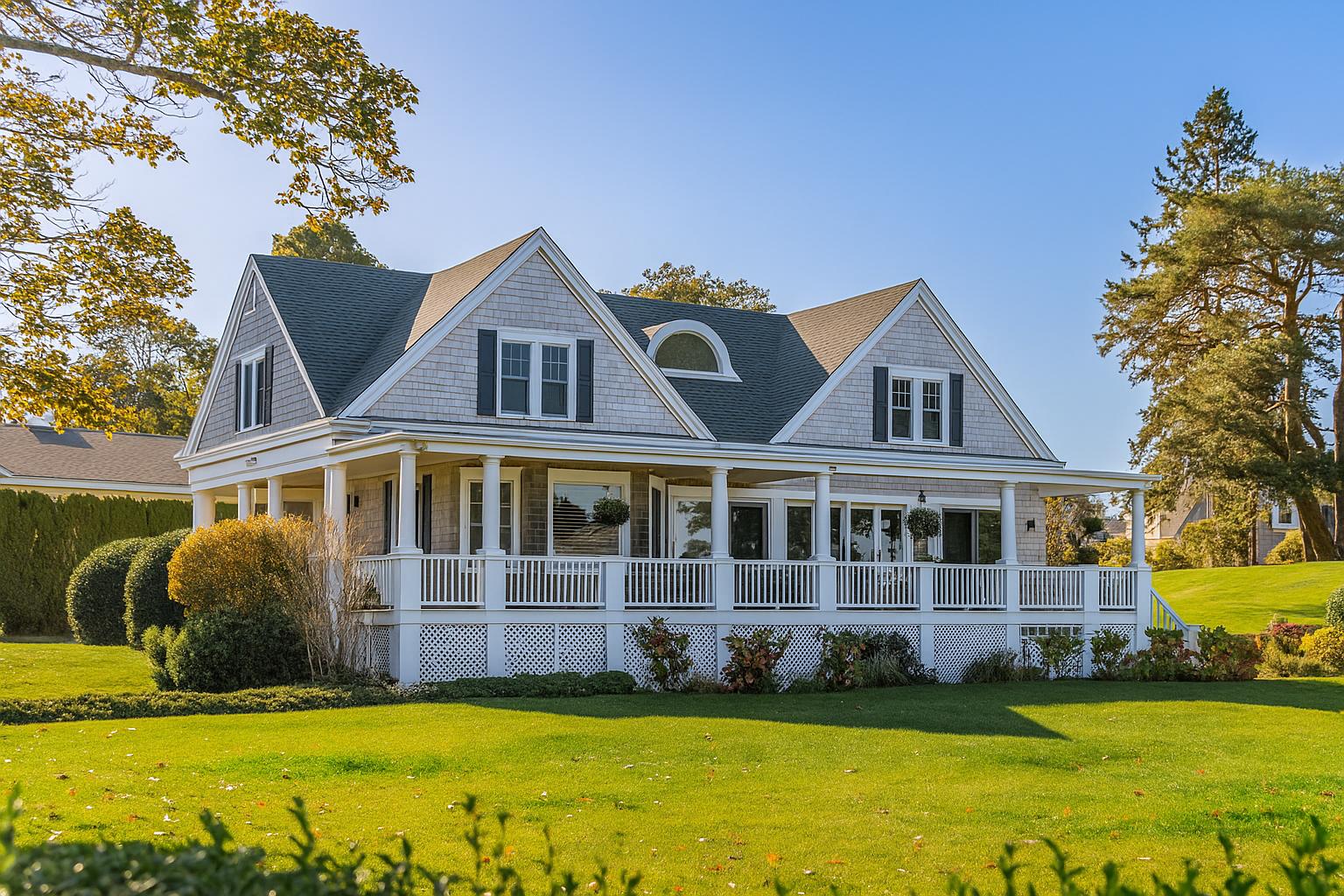
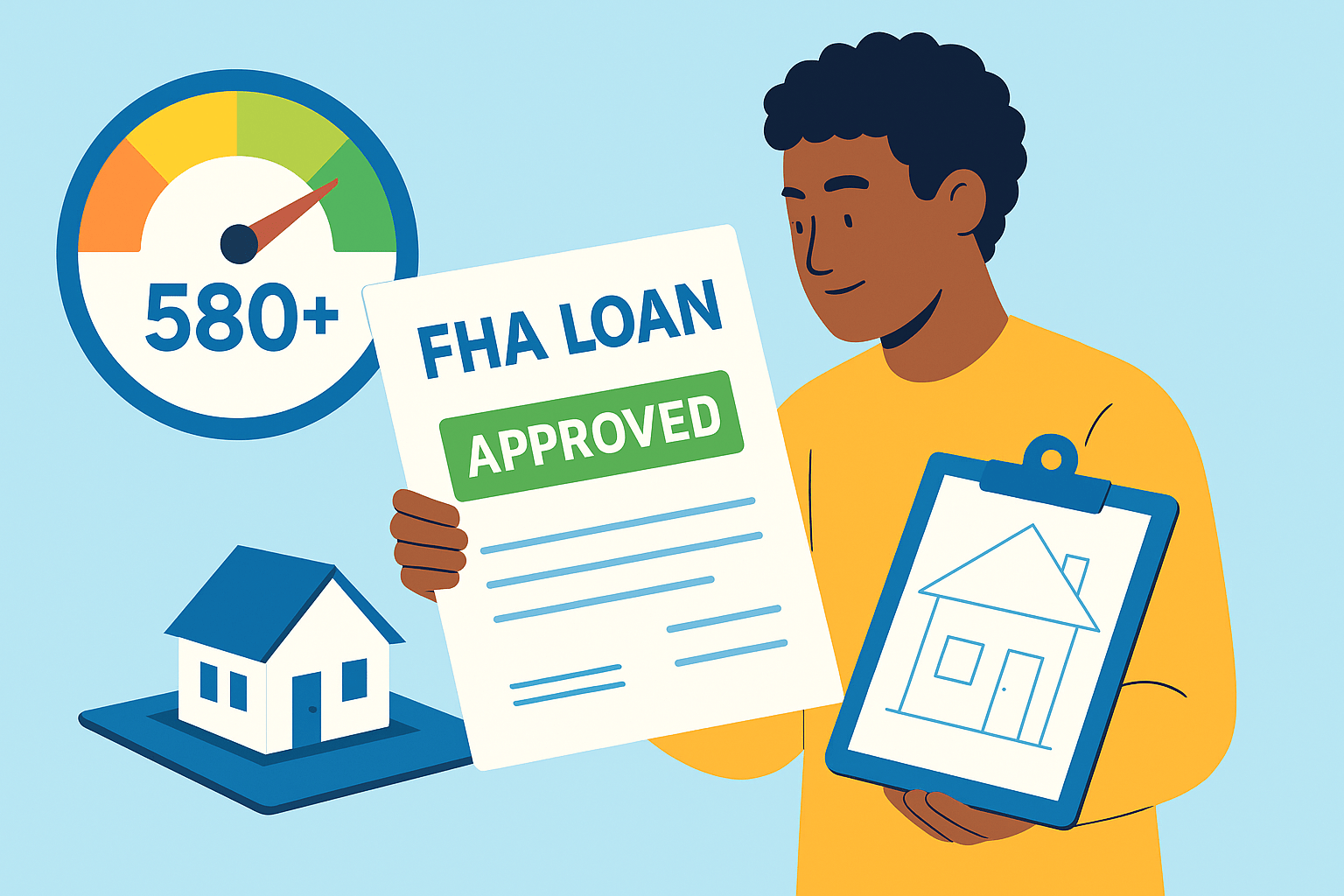
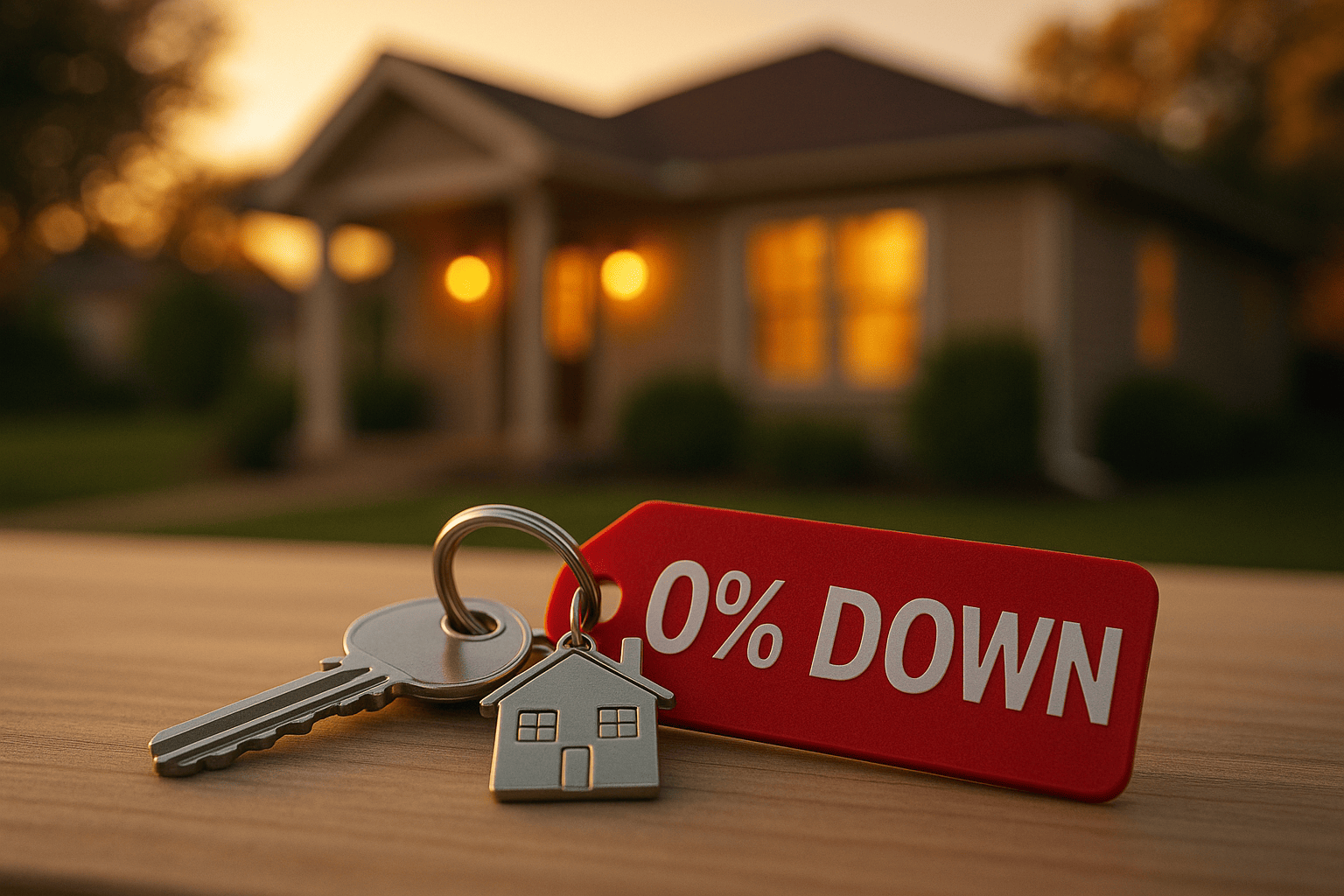




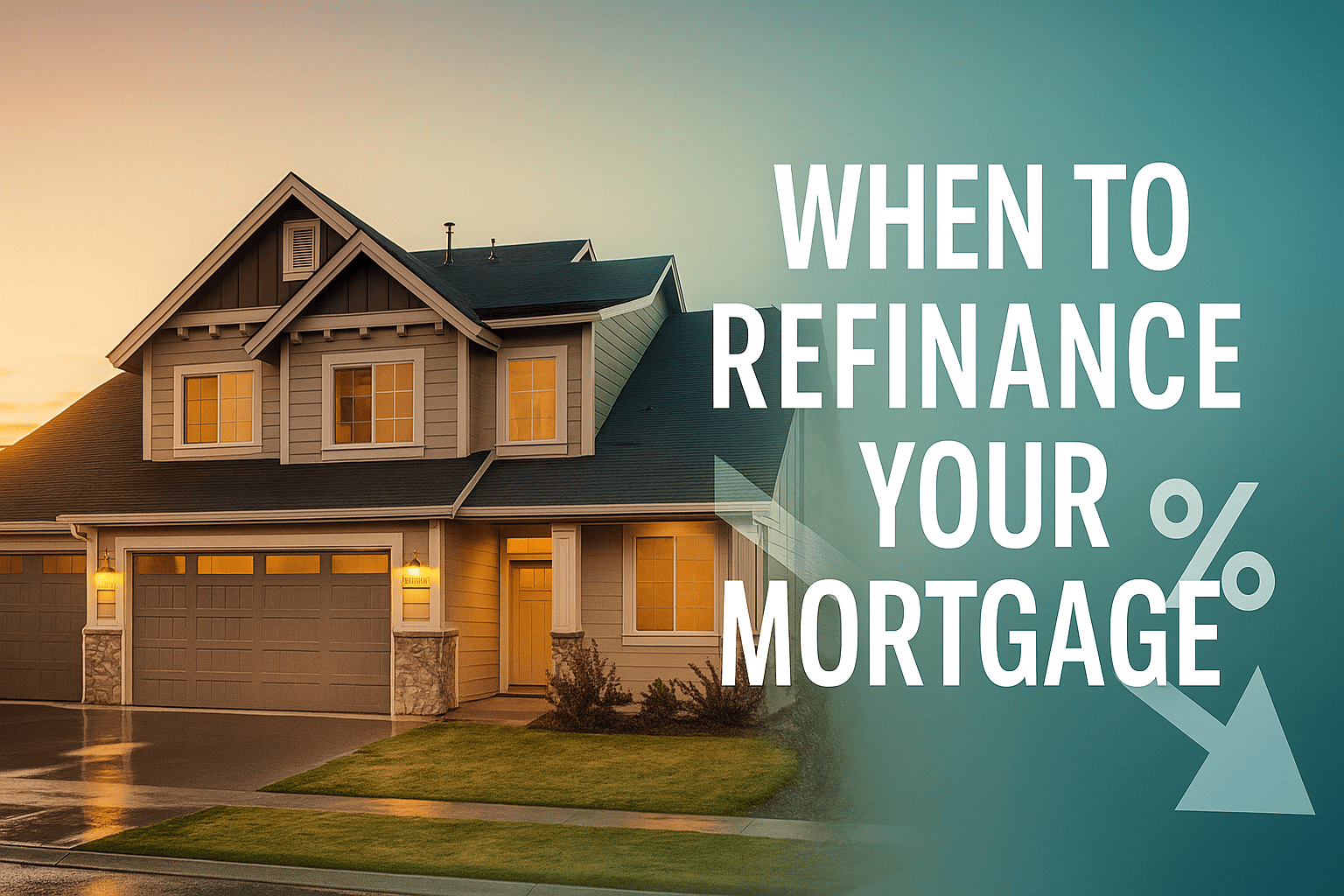
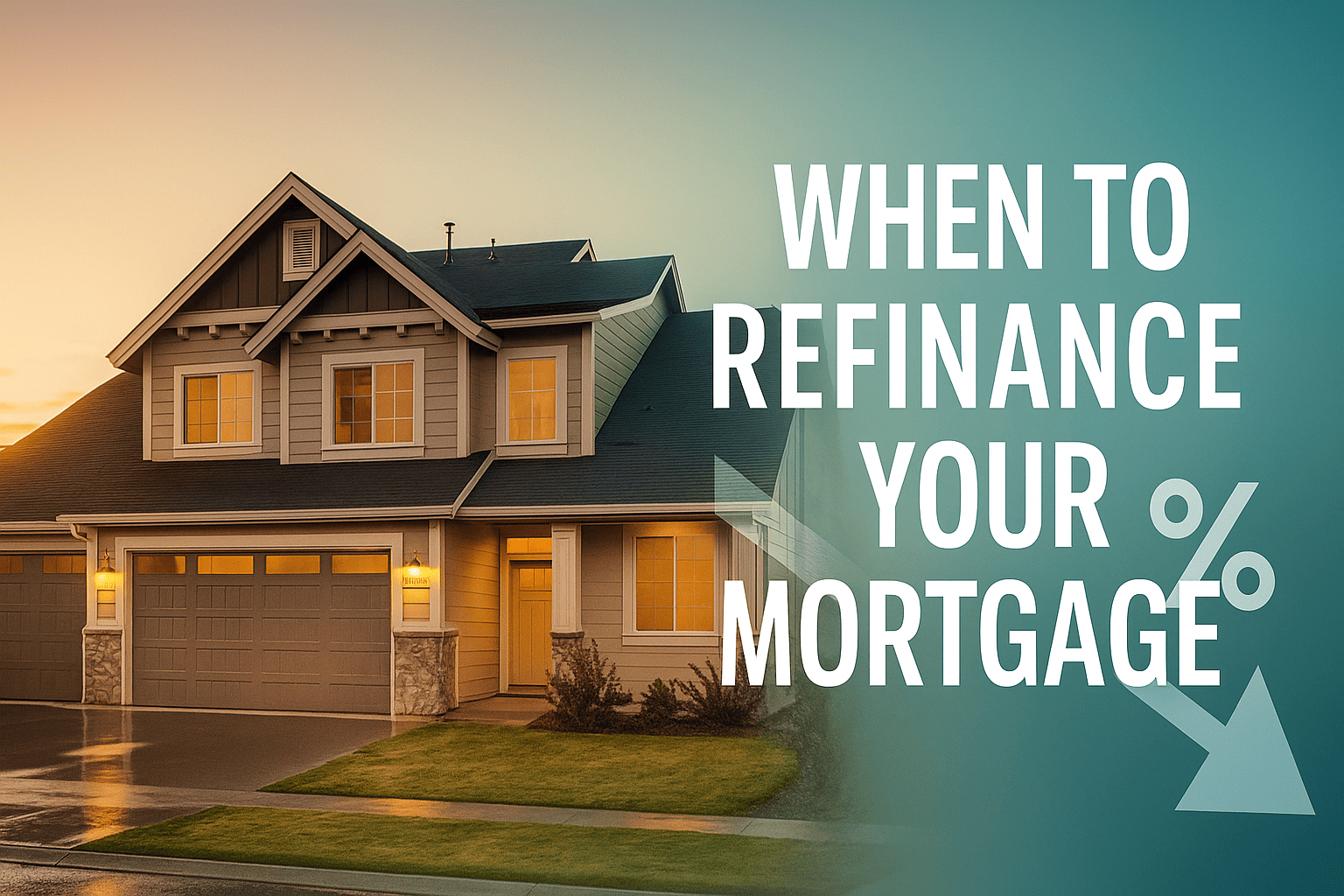


 Profile
Profile Password
Password Saved Properties
Saved Properties Sign Out
Sign Out
 +0.01
+0.01
 -0.15
-0.15

